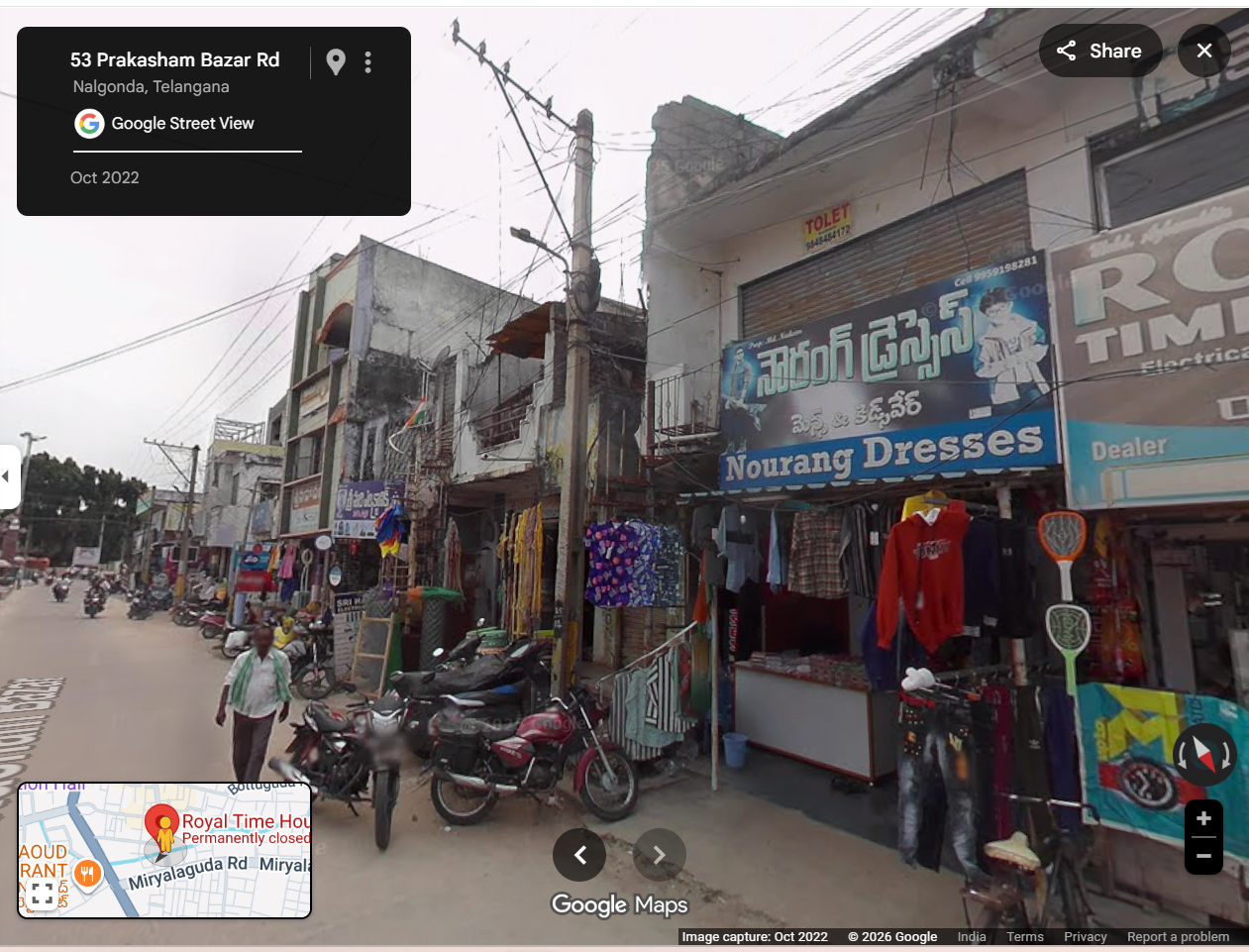Australia's age-based social media ban legislation: A dilemma?
Introduction
The Australian Parliament has passed the world’s first legislation regarding a ban on social media for children under 16. This was done citing risks to the mental and physical well-being of children and the need to contain misogynistic influence on them. The debate surrounding the legislation is raging strong, as it is the first proposal of its kind and would set precedence for how other countries can assess their laws regarding children and social media platforms and their priorities.
The Legislation
Currently trailing an age-verification system (such as biometrics or government identification), the legislation mandates a complete ban on underage children using social media, setting the age limit to 16 or above. Further, the law does not provide exemptions of any kind, be it for pre-existing accounts or parental consent. With federal elections approaching, the law seeks to address parental concerns regarding measures to protect their children from threats lurking on social media platforms. Every step in this regard is being observed with keen interest.
The Australian Prime Minister, Anthony Albanese, emphasised that the onus of taking responsible steps toward preventing access falls on the social media platforms, absolving parents and their children of the same. Social media platforms like TikTok, X, and Meta Platforms’ Facebook and Instagram all come under the purview of this legislation.
CyberPeace Overview
The issue of a complete age-based ban raises a few concerns:
- It is challenging to enforce digitally as children might find a way to circumnavigate such restrictions. An example would be the Cinderella Law, formally known as the Shutdown Law, which the Government of South Korea had implemented back in 2011 to reduce online gaming and promote healthy sleeping habits among children. The law mandated the prohibition of access to online gaming for children under the age of 16 between 12 A.M. to 6 A.M. However, a few drawbacks rendered it less effective over time. Children were able to use the login IDs of adults, switch to VPN, and even switch to offline gaming. In addition, parents also felt the government was infringing on the right to privacy and the restrictions were only for online PC games and did not extend to mobile phones. Consequently, the law lost relevance and was repealed in 2021.
- The concept of age verification inherently requires collecting more personal data and inadvertently opens up concerns regarding individual privacy.
- A ban is likely to reduce the pressure on tech and social media companies to develop and work on areas that would make their services a safe child-friendly environment.
Conclusion
Social media platforms can opt for an approach that focuses on how to create a safe environment online for children as they continue to deliberate on restrictions. An example of an impactful-yet-balanced step towards the protection of children on social media while respecting privacy is the U.K.'s Age-Appropriate Design Code (UK AADC). It is the U.K.’s implementation of the European Union’s General Data Protection Regulation (GDPR), prepared by the ICO (Information Commissioner's Office), the U.K. data protection regulator. It follows a safety-by-design approach for children. As we move towards a future that is predominantly online, we must continue to strive and create a safe space for children and address issues in innovative ways.
References
- https://indianexpress.com/article/technology/social/australia-proposes-ban-on-social-media-for-children-under-16-9657544/
- https://www.thehindu.com/opinion/op-ed/should-children-be-barred-from-social-media/article68661342.ece
- https://forumias.com/blog/debates-on-whether-children-should-be-banned-from-social-media/
- https://timesofindia.indiatimes.com/education/news/why-banning-kids-from-social-media-wont-solve-the-youth-mental-health-crisis/articleshow/113328111.cms
- https://iapp.org/news/a/childrens-privacy-laws-and-freedom-of-expression-lessons-from-the-uk-age-appropriate-design-code
- https://www.techinasia.com/s-koreas-cinderella-law-finally-growing-up-teens-may-soon-be-able-to-play-online-after-midnight-again
- https://wp.towson.edu/iajournal/2021/12/13/video-gaming-addiction-a-case-study-of-china-and-south-korea/
- https://www.dailysabah.com/world/asia-pacific/australia-passes-worlds-1st-total-social-media-ban-for-children







.webp)

